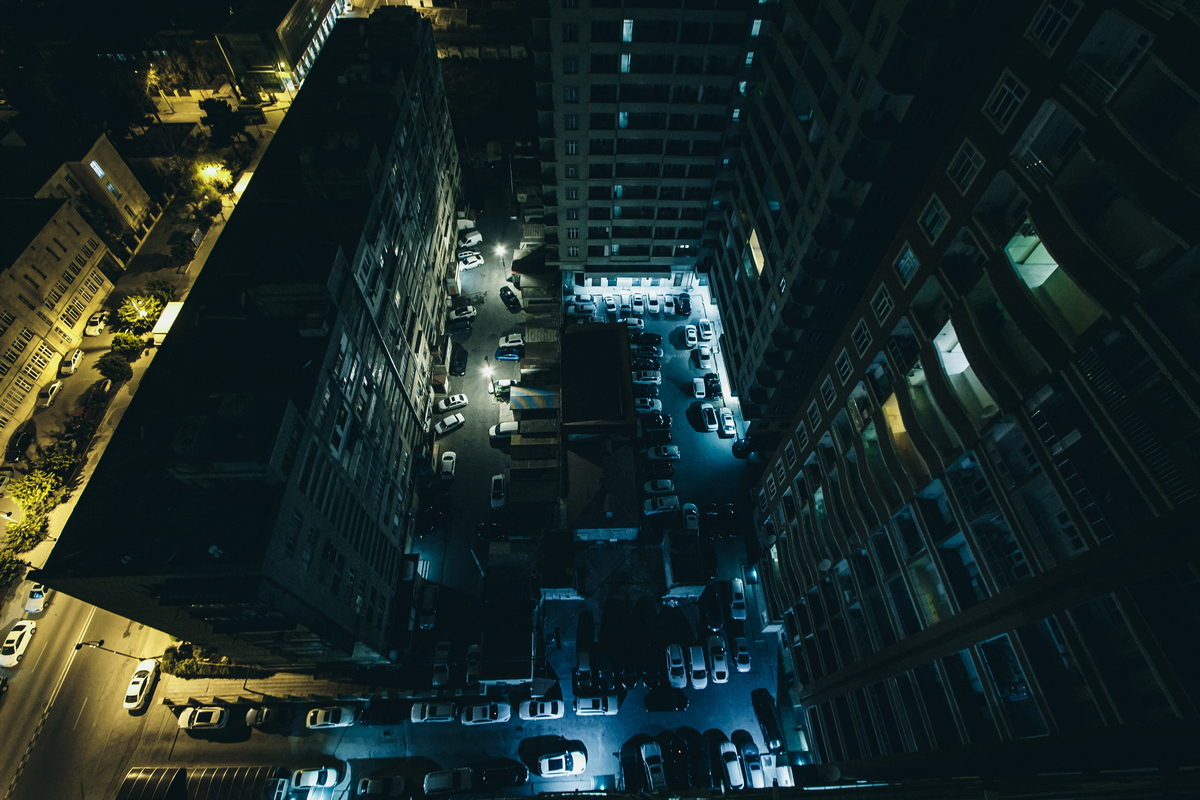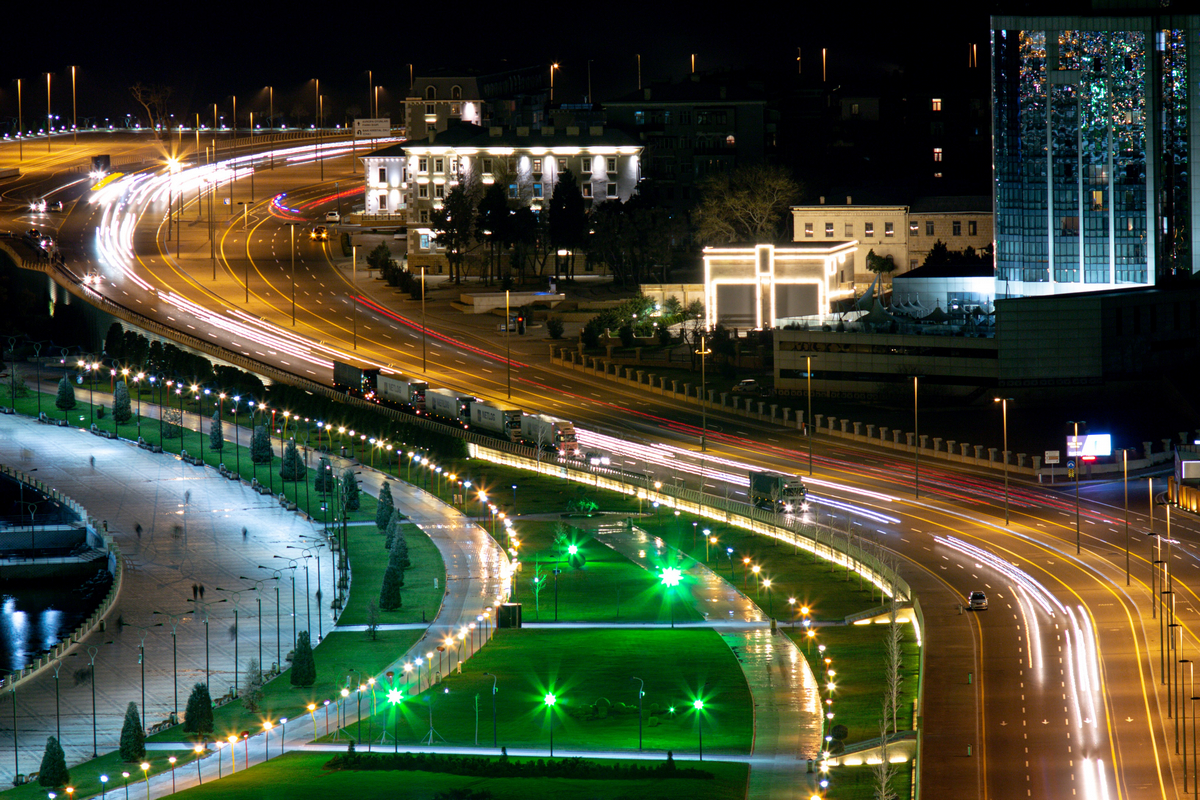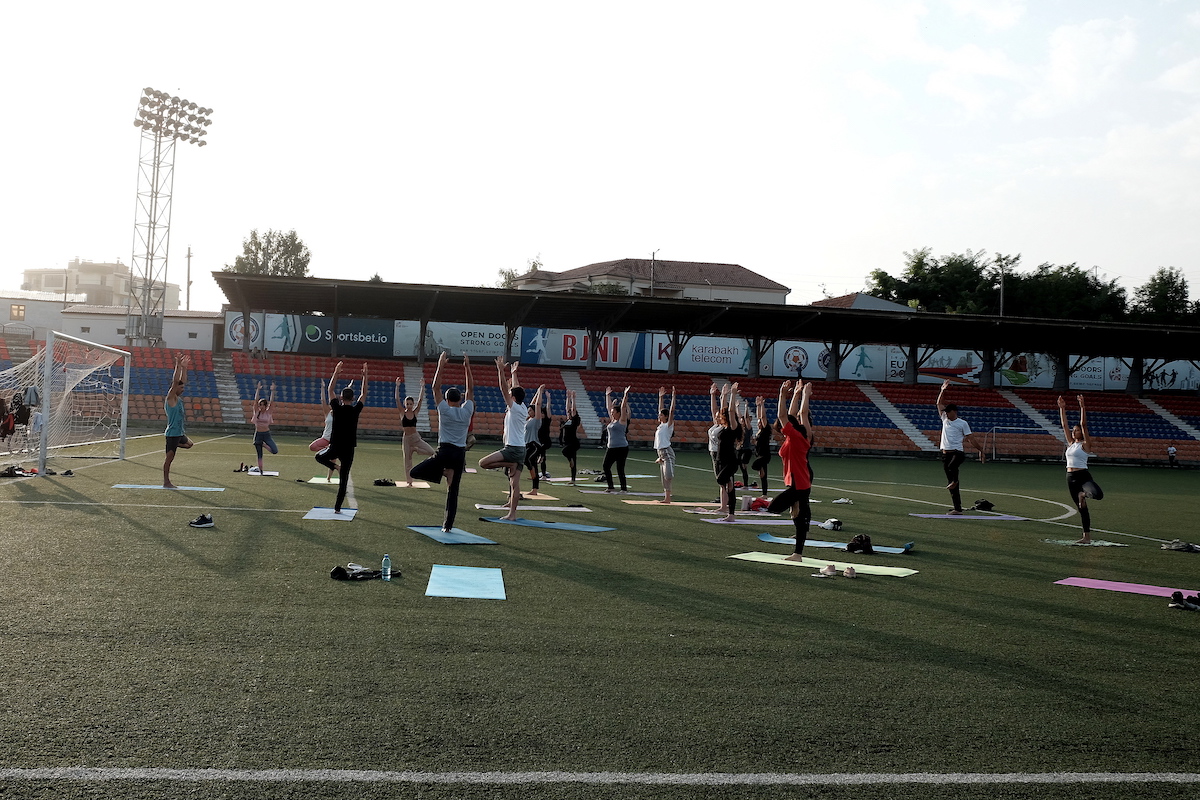"All I remember is fear" – Azerbaijani civilians recall the first day of the second Karabakh war
Azerbaijanis recall the fisrt day of the second Karabakh war
The Trajectories project invited people from both sides of the Karabakh conflict to share their memories of Sunday 27 September, when the second Karabakh war began.
These are three stories from Azerbaijan and there are three stories from Armenia in the Trajectories project as well.
The war in Karabakh in 2020, which is called the second Karabakh war in Azerbaijan, came as a complete surprise to many residents of the country. More precisely, not the military operations, but their scale and duration.
What do ordinary civilians remember about the first day of the war? Most often they talk about confusion and fear.
Elmira Rasulova, pensioner:
“It is strange that I remember in detail the day when Stalin’s death was announced on the radio, although I was just a child, and more than sixty years have passed since then. But I only have some fragmented memories about what happened just a year ago.
I remember that on September 27, 2020, I was going to go buy a new curtain, which I had already found in the store. But when in the morning it was announced that the war had begun, there was no more need for it.
I live in a courtyard surrounded by nine-story buildings, neighbours constantly gather there, and that morning, of course, complete confusion and panic reigned among them. Those who have sons of draft age were especially frightened.
On the one hand, I was glad that I only had a daughter, and that she lived in another country. On the other hand, the thought that I might not see her again was scary from – you never know what could happen, especially with coronavirus and closed borders on top fo war.
And my soul was aching for the guys who were taken to the front. Young, also someone’s children.
There are still some episodes left in my memory, which obviously happened later, but the events of that period seemed to merge into one long day.
I remember, for example, how a taxi stopped in the courtyard and a young woman got out with two children, a huge suitcase, and a cage with canaries.
She said that they were from Tartar, her husband was a military man and ordered her to leave for Baku to see relatives. Everyone gathered around her, began to ask what was it like there.
And I still don’t dare to buy a new curtain. Out of some superstitious fear. It seems that as soon as I get ready to go to the store, the war will start again”.

Irada Tagiyeva, teacher:
“A couple of days before that, my friends and I went to relax in the mountains. It was a wonderful train full of joy, peace and light. And on September 27, returning back to Baku, we tried in every possible way to prolong the pleasure of the last hours of this short, but wonderful vacation.
We stopped on the way, ate kutabs, and when we got back into the car to drive further, everyone remembered their phones, went to check social media and so on, and found that there was no Internet. And they immediately realized that something had happened, something bad.
But what? A modern person is used to receiving all information from the Internet, which just does not exist. And we were also on the road … For about an hour we drove in a state of complete obscurity, and this state I remember most of all.
They even forgot that you can just call and ask someone what is going on. But in the end, “someone” decided to call us – I no longer remember who exactly and which of my friends – and inform us that the war had begun.
All our good mood, all impressions of the trip and pleasant emotions immediately faded away. We approached Baku and thought only that we were in the country in which the war began, and it was unclear how long it would last, what would happen next, what to do now.
And, it would seem, rumors that war is possible had been circulating for a long time. This shouldn’t have come as a surprise to us. But all the same, the feeling was as if time had turned back and the Second World War had begun.
But what happened after we returned to the city, I completely forgot. Only the road, the path into the unknown and the growing fear of it, got clearly imprinted in my memory”.

Riyad Samedov, auditor:
“Since about September 17, I have been in a kind of depression: I did not go on social media, I stopped writing notes in my diary. And amid all that, friends and acquaintances remembered some promised feast with good wine.
And so, on the evening of September 26, we gathered at the table. They chatted and drank a lot. Friends started talking about the war that would soon begin, but I didn’t want to believe it, and I argued with them, gave arguments, and we dispersed at about midnight.
When I woke up the next morning and picked up the phone, I found out about the beginning of the war (the Internet was still working in our house, but it was disconnected a few moments later). I wanted to think that it would be like in April 2016 again. But after the president’s speech (when it became clear that it would not be like in 2016), I was attacked by some kind of dullness. And the fear that the brother will be called to the front.
On September 27 and 28, every minute we were waiting for a call from the military registration and enlistment office. All these two days I spent at home, and constantly answered the phone. And on the evening of the 28th, I went to the store, and at that very moment, they called. Mom answered the phone.
Не was called on the morning of September 29th. He returned home only three months later, on December 31st”.
Trajectories is a media project that tells stories of people whose lives have been impacted by conflicts in the South Caucasus. We work with authors and editors from across the South Caucasus and do not support any one side in any conflict. The publications on this page are solely the responsibility of the authors. In the majority of cases, toponyms are those used in the author’s society. The project is implemented by GoGroup Media and International Alert and is funded by the European Union





















